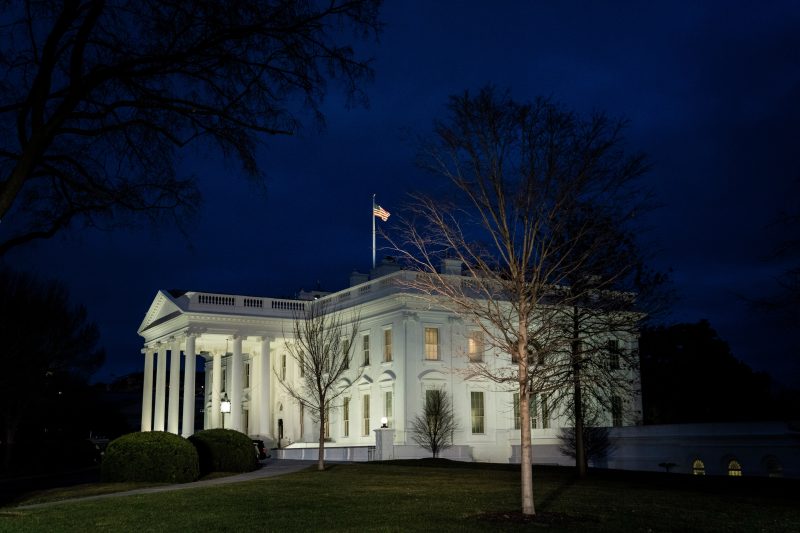In this article, we explore the complex interplay between political rhetoric, populist movements, and the rise of fascism within the context of the 21st century. The thin veneer over Trump’s fascistic rhetoric exemplifies the challenges societies face in navigating the fine line between democracy and authoritarianism.
Within the realm of modern politics, language is a powerful tool used to sway opinions, incite emotions, and galvanize followers. Former President Donald Trump’s rhetoric during his time in office highlighted the dangerous potential of exploiting populist sentiment to undermine democratic norms and institutions. Trump’s communication style was characterized by bombastic declarations, divisive language, and attacks on perceived enemies. By tapping into the fears and grievances of a segment of the population, he was able to cultivate a loyal base of supporters who viewed him as a strong leader willing to challenge the status quo.
However, beneath the surface of Trump’s bombast lies a more sinister strain of rhetoric that echoes historical fascist movements. Fascism thrives on the cult of personality, scapegoating of marginalized groups, and the erosion of democratic principles in favor of centralized control. While Trump’s actions did not amount to a full-fledged fascist regime, his disregard for democratic norms and his willingness to stoke societal divisions raised concerns about the fragility of American democracy.
The thin veneer over Trump’s fascistic rhetoric serves as a warning sign for the global community. In an era marked by the rise of populist movements and the erosion of trust in traditional institutions, it is crucial to remain vigilant against the encroachment of authoritarian tendencies. The allure of strongman politics and simplistic solutions to complex problems can lead societies down a dangerous path towards autocracy.
To counter the seductive appeal of fascistic rhetoric, it is essential for individuals to remain informed, engaged, and critical of political messaging. Civil society plays a crucial role in holding leaders accountable, defending democratic values, and promoting inclusive dialogue. By fostering a culture of transparency, tolerance, and respect for diverse viewpoints, societies can build resilience against the corrosive effects of authoritarian rhetoric.
The thin veneer over Trump’s fascistic rhetoric serves as a call to action for citizens around the world. By recognizing the warning signs of autocratic tendencies and standing up for democratic principles, we can collectively safeguard the future of our societies. Only through vigilance, solidarity, and a commitment to upholding democratic values can we prevent the erosion of the thin veneer that separates democracy from dictatorship.
